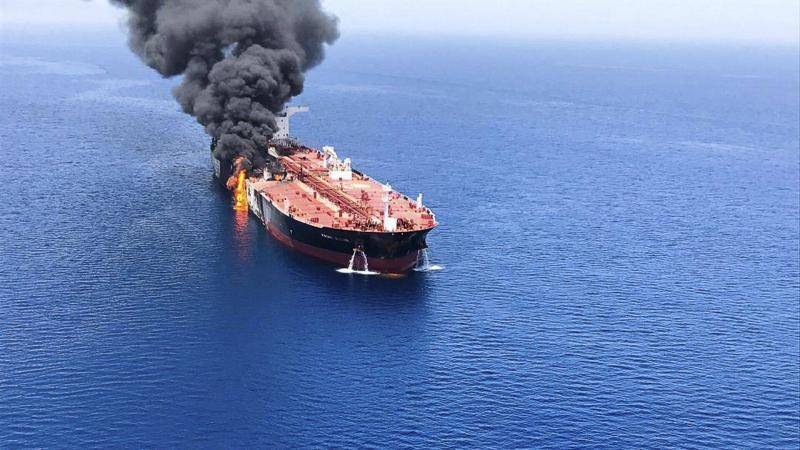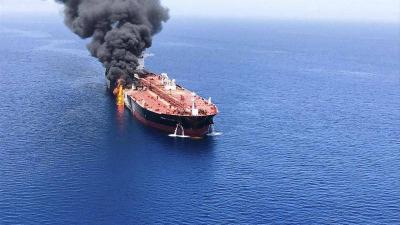As tensions continue in the Red Sea, through which 15% of global trade passes, following Houthi attacks on ships, the United States is carrying out counterattacks to deter the Iran-backed Yemeni group. However, the mission of the American fleet in the Red Sea appears to be facing obstacles. Admiral Mark Miggs, aboard the USS Eisenhower, acknowledged that it is difficult to determine when the mission to fully deter the Houthis will be completed, especially with ongoing Iranian support for them. He noted that the Houthis' shift from using cruise missiles in their attacks on cargo ships to employing drones, which are less dangerous, indicates that U.S. strikes are beginning to burden the group. Additionally, he admitted that U.S. intelligence initially lacked information about the number of missiles in the Houthis' possession, as reported by Bloomberg.
Conversely, a Western official opined that the Houthis have the capacity to continue launching attacks for several more months. Simultaneously, a number of U.S. officials pointed out that there is currently no indication that Iran—without which the Houthis could not sustain their attacks for long—sees any reason or need to halt the strikes, particularly since its oil exports have not been affected, as it predominantly uses an alternate route. Moreover, American warnings to Tehran have not proven effective so far.
The Rewards for Justice program offers up to $15 million for information about Abdul Reza Shahlaei, a commander in the Iranian Revolutionary Guard Corps, who has been involved in planning attacks against the U.S. and its allies.
Reports confirm that Iranian commander Abdul Reza Shahlaei directed the Houthis' first attacks from within Yemen, according to several individuals with direct intelligence from the ground. Shahlaei, accused by the U.S. of orchestrating deadly assaults against Americans in the region, is considered the effective leader of the UAV and missile forces within the Houthi group. He coordinates directly with the group's leader, Abdul Malik al-Houthi, according to knowledgeable sources.
The U.S. previously offered a $15 million reward four years ago for any information about him. It revealed then that Shahlaei, also known as Yusuf Abu al-Karakh or Haj Yusuf, who is based in Sana'a, is a high-ranking leader in the Quds Force of the Iranian Revolutionary Guard Corps. He has a long history of targeting Americans and their allies worldwide.
Additionally, he is alleged to have planned multiple assassinations within coalition forces in Iraq and to have supplied Shiite factions with weapons and explosives. It is noteworthy that Iran denies any support to the Houthis in terms of weapons, equipment, or even directives and intelligence, insisting instead that it supports their positions while emphasizing that they make their own decisions.
Since the outbreak of the war in the Gaza Strip, the Houthis have launched more than 60 attacks on ships in the Red Sea, claiming to target Israeli vessels in support of the Palestinians.




